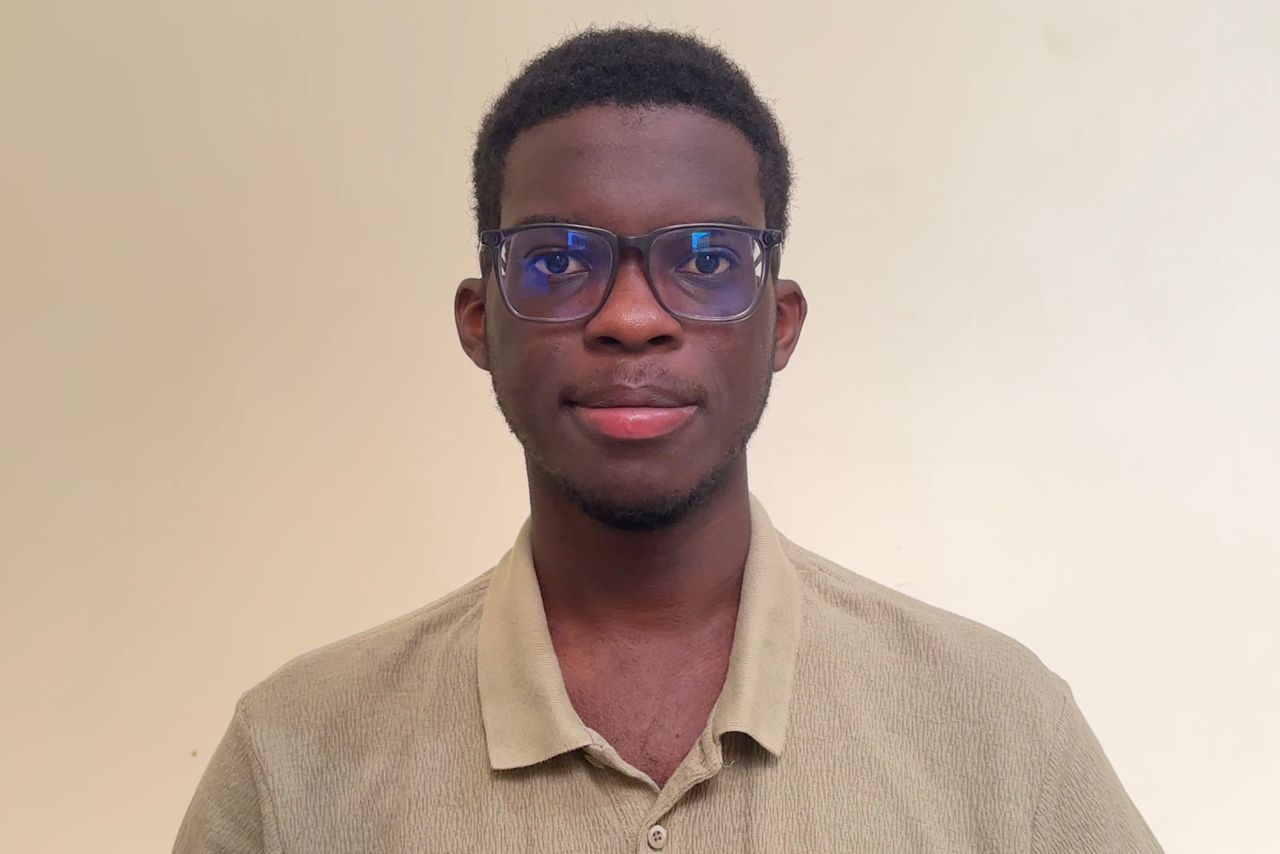
Embark on Andrew Mwakalonge’s Creative Journey as a poet
INTERVIEWED BY DHAYANA ALEJANDRINA Welcome, Noire Family, In this interview, I had the pleasure to sit down with the talented and amazing writer, Andrew Mwakalonge, as she offers a captivating glimpse into her inspirational journey, delving into her roots, the reasons driving her creative endeavors, exciting future projects, and more. Please join me in welcoming Andrew Mwakalonge to Afrique Noire Magazine! Can you share a bit about your background and what initially inspired you to pursue writing/poetry? All my life people have always looked at me and instantly decided what I am before I have the chance to tell my own story. People are always trying to put a leash on me which they turn noose when I try to be me rather than what they see me as. And I don’t have any malice or contempt for them, well at least not anymore, because I know someone else probably did the same thing to them. I am working my way out of this hold around me and I write these poems, taking pictures of my heart so that I remember what it feels like when I finally have the voice to tell people my own story. I’ve spent most of my life with my family in Morogoro, Tanzania but I’ve spent most of my late years in Dar es salaam where I go to school. For as long as I can remember I’ve always admired free inquiry, curiosity and liberty. I believe that everyone at the very least is entitled to freedom and the right to be different. For a long time I’ve looked upon my society and I can’t help but notice tyranny, orthodoxy and oppression and the pain they bring about. So many innocent people suffer and nobody does anything about it. What’s even scarier is that there is an air of hopelessness amongst the oppressed. And what’s heartbreaking is the ignorance amongst the majority about what is going on. The ignorance and the continued efforts by the oppressors to keep the oppressed in the dark are what perpetuate this horrid state. After years of witnessing and experiencing this oppression I decided I could no longer bear it and had to do something- anything- about it. Doing nothing felt like being complicit in the atrocities. Ray Bradbury puts it better when he says in Fahrenheit 451 “Do your own bit of saving, and if you drown, at least die knowing you were headed for shore.” I came to learn that it is only through art that I can begin to bring awareness about what is happening in my society and hope to bring about change. Because art I believe is the epitome of free inquiry and liberty. And again Ray Bradbury says it better in Fahrenheit 451 when he expresses the qualities of a book “Number one, as I said, quality of information. Number two: leisure to digest it. And number three: the right to carry out actions based on what we learn from the interaction of the first two.” What Bradbury says I feel is exactly what my society, any society needs- different ideas being expressed and people having the right to contemplate and decide what’s best for them. A society in which there is free expression of ideas will never stagnate in the dark and its people will never stand oppression. With my work I hope to revive the idea of free inquiry-the spirit of freedom- to people. I have no interest in imposing my ideas on people, I only wish for the people to be aware, free and enjoy the right to be different. This is the first step to alleviating all the forms of oppression we suffer. How does your identity, including cultural background, influence your writing and the themes you explore? In what ways do you navigate the intersection of your personal identity and the broader cultural context in your work? I cannot claim to know a lot about the culture of my great grandfathers—the culture that Africans are striving to revive—the culture Africans had before a new one was imposed by the ship and enforced by the whip. I observe many Africans endeavoring to revive the culture of their great grandmothers—their fashion, dances, rituals, and gods—the true essence of African culture, and I deeply admire that. However, through my work, I convey to people that as horrific as the experiences of our ancestors were, they are in the past. I emphasize that it’s impossible to resurrect the exact culture of our ancestors. Instead, I remind them that culture is alive and dynamic, destined to evolve even without external influences. I urge people to recognize that we are also African and will one day become ancestors ourselves. Let us release the grip of the past and the yearning for what could have been. Instead, let us focus on cultivating our own culture—one that reflects the realities of the present era—a culture that thrives freely. How would you describe your creative process? Do you have any specific rituals or routines that help you get into the writing mindset? We inhabit a relative and subjective world. The sun may appear as luminous as a billion candles to the eye, yet both are equally silent to the ear. This analogy extends to various aspects of our lives. What may be painful for you could bring joy to me, illustrating the subjectivity of experiences. However, this does not hold true for emotions. Pain experienced by one is equally felt by another, regardless of the events that triggered it. When I write a poem, I distill my inspiration to the raw emotions it stirs within me—anger, love, fear—and construct my narrative upon this emotional foundation. The specific events that sparked my inspiration hold little significance to my poem. Therefore, when I seek to write a poem, I endeavor to freeze the emotions I feel about something by relaxing as much









